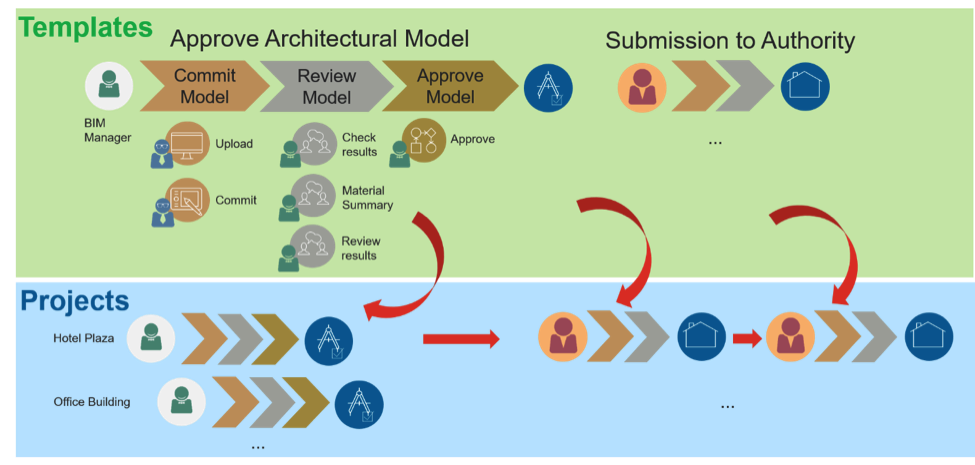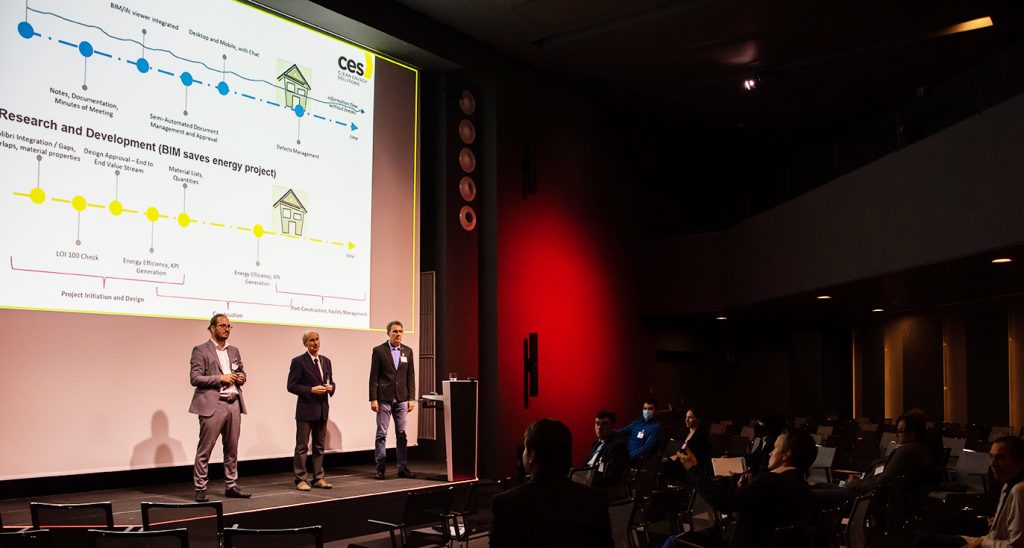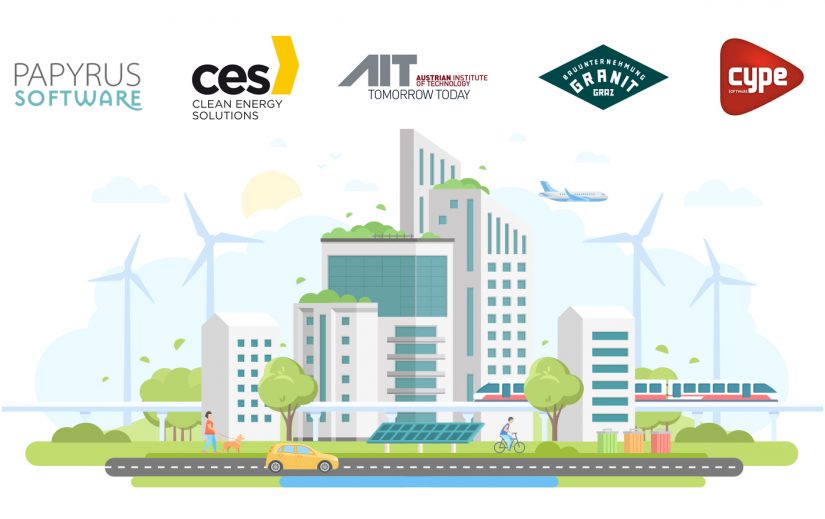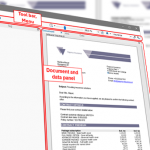BIM Saves Energy: Adaptive Case Management as a step forward in the project management for the building industry
The building industry is one of the sectors that lacks a truly digitalization ecosystem. There are many different tools targeted to a specific area, like 3D modeling or thermal description, but there is a lack of supporting tools that would help share the building information in a truly comprehensive way and support the overall process management of highly complex projects, including decision making, goals evaluation, etc.
The initial ‘Building Information Modeling’ (BIM) proposal defines data formats and communication mechanisms and introduces the figure of the BIM Manager for coordination of building processes, however, the defined standards still lack adequate formalization that could be universally used by all involved disciplines and roles (architects, thermal properties, facility management).
A number of vendor tools address the building project management, but only in a closed ecosystem that prevents truly transparent integration between different companies and teams involved in a building project. Due to the lack of real data exchange between software tools, the information sharing between different teams remains a difficult task that involves tedious and error-prone manual work.
The ‘BIM Saves Energy’ (BIMSE) project was launched in March 2018 as a result of joined efforts of the consortium formed by construction partners, software vendors and scientific partners with the following goals:
- Address challenges of managing construction projects in a digital and transparent way
- Allow for true integration of all parties involved in a construction project
- Ensure that all relevant information can be traced
In the BIMSE project, the objective of digitizing the project management is the optimization of the energy demand during planning stages of a building project like a hotel or office building that has a direct impact not only on the execution of the project (materials definition, decision-making, etc.) and exploitation (energy maintenance costs), but also in the environmental footprint.
The project approaches the challenges on the basis of the Adaptive Case Management (ACM), provided by the Papyrus Platform, and leverages the high-performance Papyrus Converse technology for the business-driven project efforts, allowing business users to work with value streams and business rules instead of rigid task flows.
The knowledge and expertise of business professionals, for instance a BIM Manager, is described in a business vocabulary, supporting definition of value streams (e.g. Approve Architectural Model), actions (e.g. upload models, provide material list or approve model) and business rules in a natural language.
Goals evaluation and guidance for users from the building domain (e.g. architects or energy engineers) are seamlessly integrated in the Papyrus Omni-channel Platform (email integration, document capture, etc.), while BIM-domain specific technological efforts are addressed through integration with established industry tools, such as building model checkers or energy simulation tools.

In the 30 project months, the innovative proposals have been successfully implemented and were presented in both industrial and academic peer-reviewed forums. The achieved project results have convinced the company Clean Energy Solutions to start leveraging the ACM paradigm in the management of its projects. The project was concluded with a workshop where the ACM management paradigm raised the interest of both construction and technological companies, which were invited to the Papyrus Software headquarters or joined via a live stream.
Key takeaways: The solution, which is driven by the analysis of building information in the form of business rules and goals, is considered the way forward in the heterogeneous construction industry and a path to be followed in the coming years.

Learn More
BIMSE is the result of the joined efforts of the consortium formed by construction partners, software vendors and scientific partners:
- Papyrus Software – leading company in process and communication management.
- Clean Energy Solutions (CES) – competence center for energy efficiency, renewable energy and sustainable development.
- Austrian Institute of Technology (AIT) – expert in smart buildings and energy domain.
- Granit – Austrian construction company.
- CYPE – expert in building energy calculation solutions.

Papyrus Academy Researcher at Papyrus Software
Vienna, Austria






